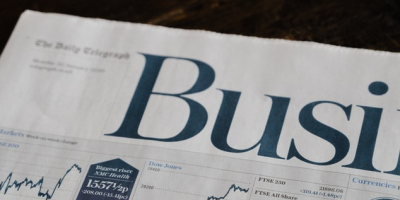Simple Agreements For Future Equity (“SAFEs”), although introduced relatively recently, have become one of the most common forms of fundraising for startups. The idea of the SAFE is to push the more complex and expensive negotiations around preferred stock to a priced round and provide a mechanism to bring capital into the company relatively inexpensively. SAFEs are therefore designed to be signed as-is, although there are a number of variations, but their terms need to carefully considered by entrepreneurs. In the current environment, entrepreneurs also need to consider the impact Covid-19 may have on the use of SAFEs.
First we’ll take a look at the basic terms of the SAFE, then we’ll look at how some of these terms may be impacted by COVID-19.
- Pre-Money SAFE or Post-Money SAFE? There are two major forms of SAFE on the market today, the Pre-Money SAFE and the Post-Money SAFE. Without going into all of the nuances of the two here, the major difference is that the post-money SAFE has a greater dilutive effect on founders when it is converted to preferred shares. Founders should adjust valuation caps to take into account the additional dilutive effect of the Post-Money SAFE and also consider the dilutive effect of future SAFE capital raises.
- Valuation Caps and Discounts. The valuation cap in the SAFE determines the maximum price the investor will pay for the securities as set by the company and agreed to by the investor. The discount determines the price of the security based on a discount to the price paid by investors in the next round – the notion being that earlier investors should be rewarded for taking more risk by paying a lower price for the stock. According to a Wilson Sonsini survey for Q1 2018 to Q1 2019, SAFEs predominantly include only a valuation cap in the median amount of $9.5 million.
- Dilution. As noted above, the type of SAFE used can have an effect on dilution, but even more impactful most of the time will be the pre-money valuation. Founders should try to track the potential dilutive effect of SAFEs under various pre-money valuation and capital raising assumptions at the time they enter into the SAFEs. An extended SAFE round, coupled with a pre-money valuation that is not high enough, could leave the founders with less than 50 percent of the stock at the first priced round.
- Impact of Covid-19 on Dilution. Founders should be careful to consider the twin effects of potentially less capital being available to startups during Covid-19, and downward pressure on valuations caused by the economic conditions during Covid-19, resulting in lower valuation caps, which in turn could result in significantly greater dilution to the founders. Founders should try to find investors that will agree to a higher valuation cap to offset unnecessary potential dilution.
If you require any further information about SAFEs or startup funding, please contact Edward Grenville, Managing Shareholder, Inspire Business Law Group, PC (egrenville@inspirelawgroup.com; +415 279 0779; www.inspirelawgroup.com).
This article is provided for educational and informational purposes only and is not intended to be, and should not be construed as, legal advice.

